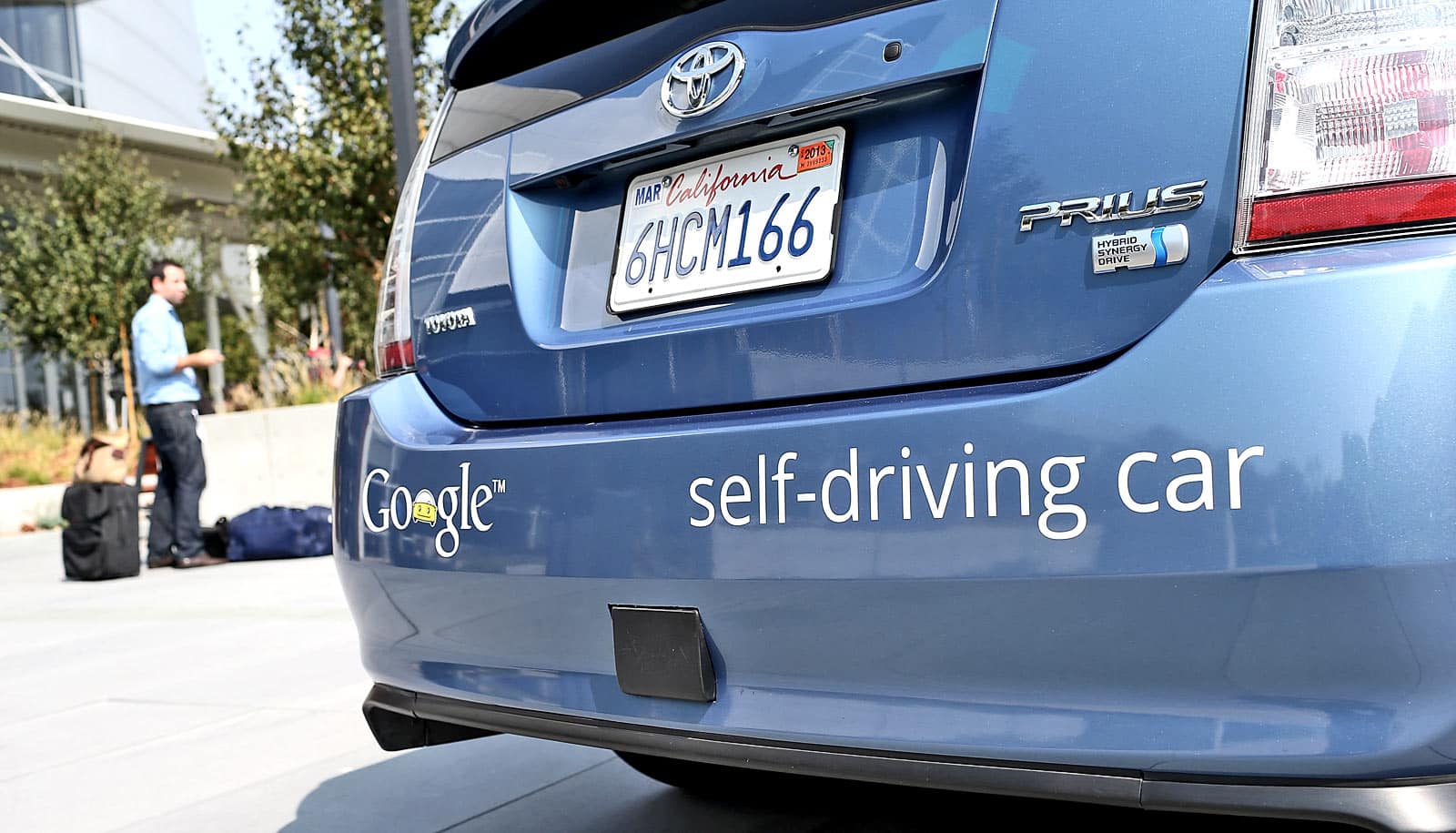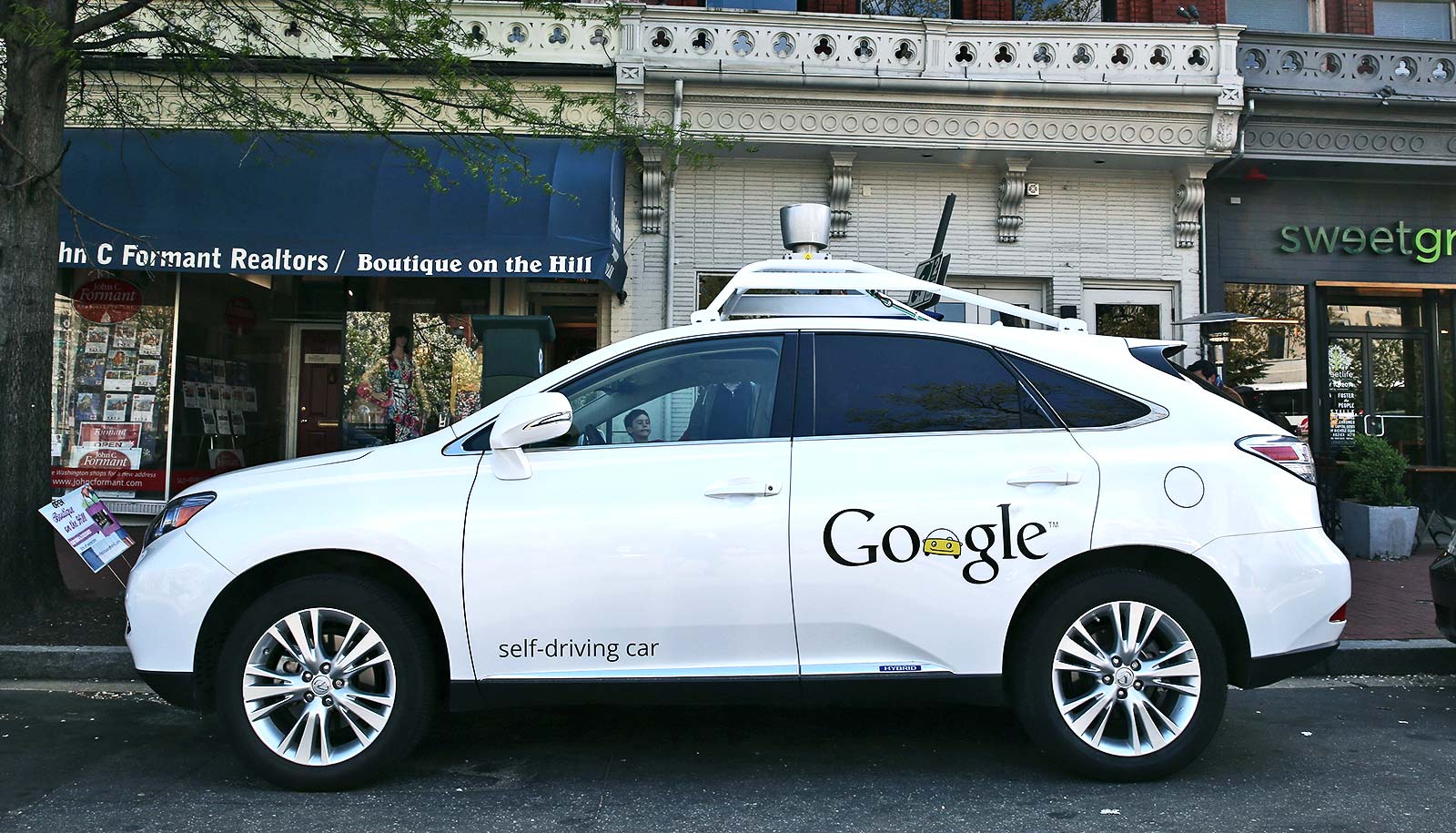The benefits of self-driving cars will likely make us want to drive more. Those extra miles could partially or completely offset any potential energy savings, research finds.
Previous studies have shown that greater fuel efficiency induces some people to travel extra miles, and those added miles can partially offset fuel savings—a behavioral change known as the rebound effect.
The ability to use time on the road productively in a self-driving car—work, sleep, watch a movie, read a book—will likely induce even more travel.
Taken together, those two sources of added mileage could partially or completely offset the energy savings that autonomous vehicles provide—and conceivably, even result in a net increase in energy consumption, a phenomenon known as backfire.
“The core message of the paper is that the induced travel of self-driving cars presents a stiff challenge to policy goals for reductions in energy use,” says coauthor Samuel Stolper, assistant professor of environment and sustainability at the School for Environment and Sustainability at the University of Michigan.
“Thus, much higher energy efficiency targets are required for self-driving cars,” says coauthor Ming Xu, associate professor of environment and sustainability at SEAS and associate professor of civil and environmental engineering at the College of Engineering.
For the paper, which appears in Applied Energy, researchers used economic theory and US travel survey data to model travel behavior and to forecast the effects of vehicle automation on travel decisions and energy use.
Most previous studies of the energy impact of autonomous vehicles focused exclusively on the fuel-cost component of the price of travel, likely resulting in an overestimation of the environmental benefits of the technology, researchers say.
In contrast, the new study looked at both fuel cost and time cost. The approach adapts standard microeconomic modeling and statistical techniques to account for the value of time.
The researchers estimate that the induced travel resulting from a 38 percent reduction in perceived travel time cost would completely eliminate the fuel savings associated with self-driving cars.
“Backfire—a net rise in energy consumption—is a distinct possibility if we don’t develop better efficiencies, policies, and applications,” says doctoral student Morteza Taiebat, lead author of the paper in Applied Energy.
The possibility of backfire, in turn, implies the possibility of net increases in local and global air pollution, the authors say.
Further, the researchers suggest there’s an equity issue that needs to be addressed as autonomous vehicles become a reality. The study found that wealthier households are more likely than others to drive extra miles in autonomous vehicles “and thus stand to experience greater welfare gains.”
The Dow Sustainability Fellows Program at the University of Michigan funded the work.
Source: University of Michigan



